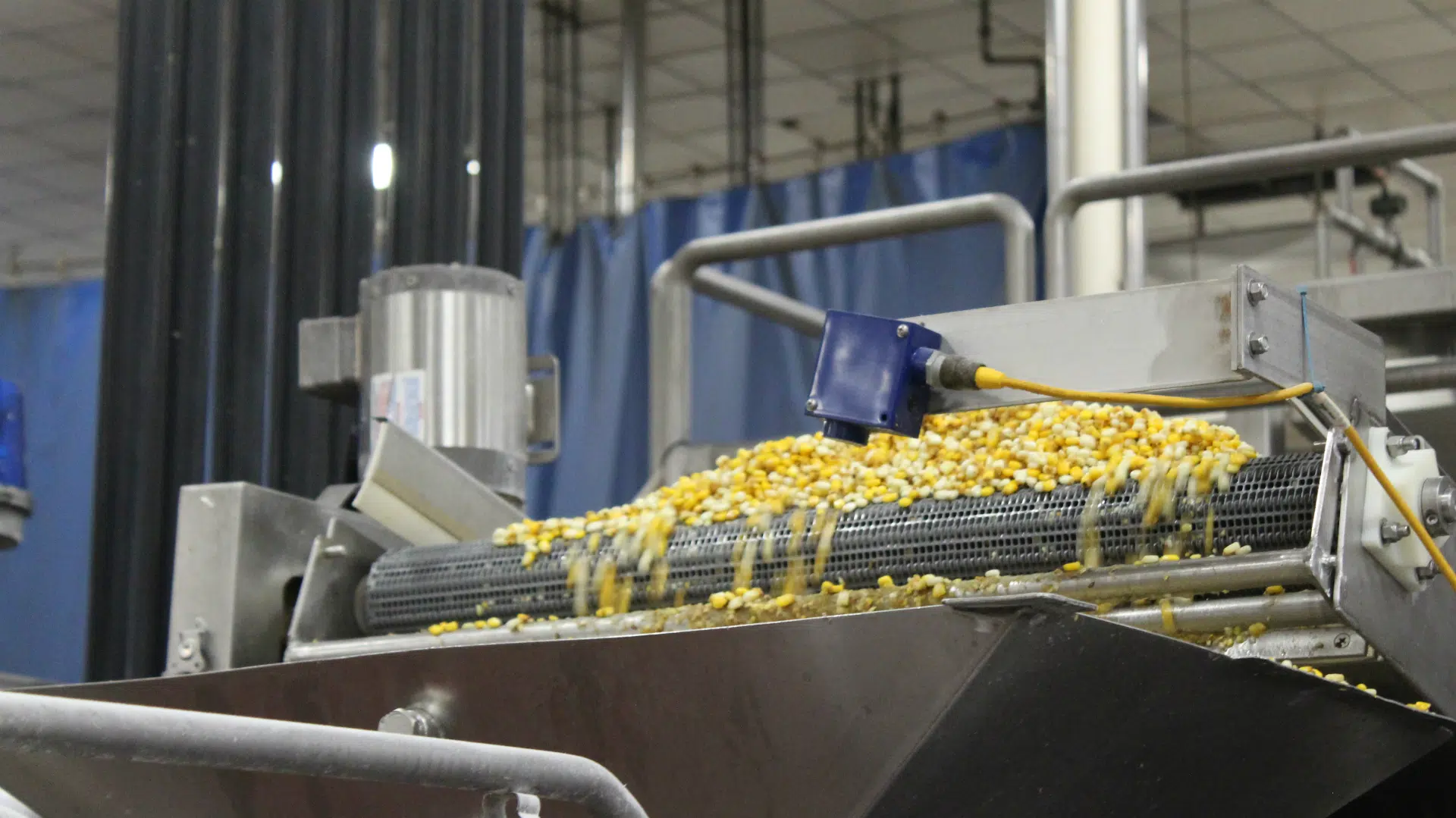
FOOD FOR THOUGHT: Western Canada snacks on southern Alberta products
LETHBRIDGE – “Crunch all you want. We’ll make more,” said Jay Leno in one memorable commercial. And this is where they make them.
The big, boxy white building in Lethbridge’s north end supplies all of western Canada with Doritos, as well as Tostitos, Cheetos, and Munchies snack mix. Down the highway in Taber, another plant turns locally-grown potatoes into Lay’s, Miss Vickie’s, and Ruffles potato chips. And a little bit farther east, in Bow Island, yet another facility turns out Spitz sunflower seeds.
They’re all products of PepsiCo Foods, whose operations in the region date back to 1978 when the Taber plant was first established to produce what were then Hostess potato chips. The Lethbridge plant, which produces corn products, is celebrating its 25th birthday in 2017.
Dan Bruce, PepsiCo Foods Canada West Operations manufacturing director, provided a tour of the Tostitos production line.


